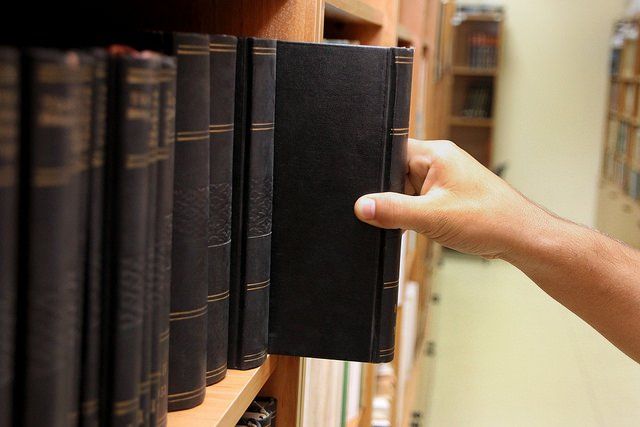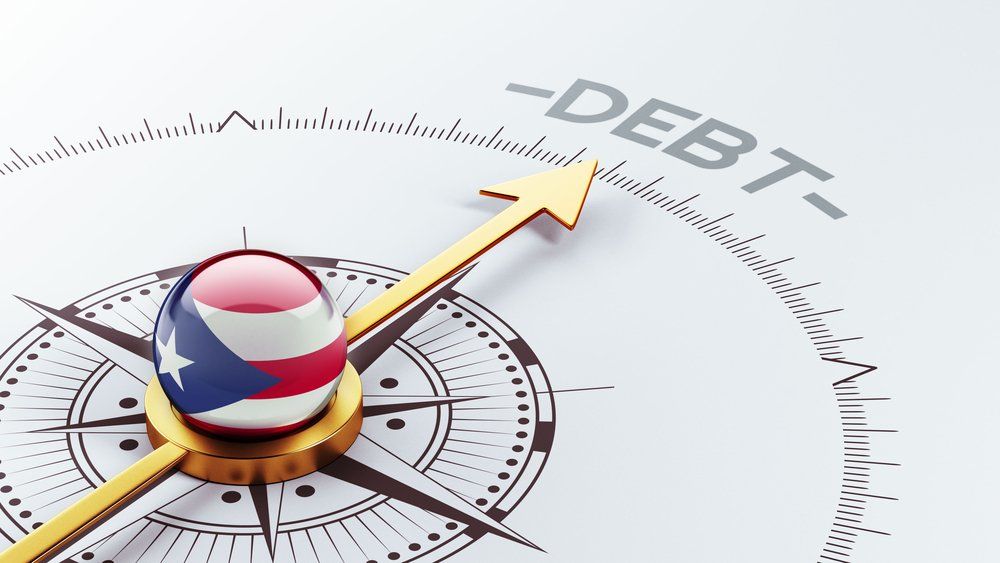How Chapter 7 Bankruptcy Can Impact Your Tax Return
When you file for Chapter 7 bankruptcy, you might wonder what will happen to your potential tax refund.
Whether you lose that refund depends mostly on when you file for bankruptcy. There are, however, some steps you can take to make sure your bankruptcy does not prevent you from receiving your tax refund.
If you file for Chapter 7 bankruptcy , all your non-exempt assets are considered part of the bankruptcy estate, which falls under the control of the trustee assigned to your case. Assets under the bankruptcy code that are considered property of the bankruptcy estate include all legal or equitable interests of the debtor at the time of the commencement of the case.Beyond just the money you have in the bank and the physical property you own, they may also include various benefit accounts and your tax refund that you have earned but not yet received. This means a bankruptcy trustee could use your tax refund to pay off unsecured creditors. The goal, where possible, is to keep your tax refund and use it to purchase necessary items such as groceries, car repairs, and clothing, instead of giving it to the bankruptcy trustee.
What can you expect to happen to my tax refund?
If you take no action, you can expect your trustee to do the following with your tax refund:
The year before bankruptcy: Any tax refunds not yet received or not yet spent will go to your estate, except in Colorado where you get to keep that portion of the refund attributed to earned income tax credit and child tax credit.
The year of your bankruptcy: Tax refunds based on money you earned before you filed for bankruptcy will go to your estate, unless attributed to earned income tax credit and child tax credit. You are, however, allowed to keep that part of the refund you earned after your filing date.
The year after your bankruptcy: Any tax refunds based on money earned in the tax year after your bankruptcy are not subject to bankruptcy proceedings. You would keep the entire amount.
Timing is important
Your ability to keep your tax refund from any income earned before your filing depends on how you time your filing and the receipt of your tax refund. There are several steps you can take to prevent creditors from taking over your refund:
Adjust your tax withholding to reduce the amount of money you will be refunded. This is a good option if you expect to file for bankruptcy within the next year.
Wait to file until you receive and spend your refund on necessary expenses. This is the best strategy if you receive your tax refund check before you file for bankruptcy and can afford to wait to file your bankruptcy.
Include the refund in your list of bankruptcy exemptions. You always claim the exemption but this strategy is most effective when filing in the first half of the tax year.
To learn more about how Chapter 7 bankruptcy can affect your tax return, meet with a knowledgeable Denver bankruptcy attorney at Long & Long, P.C.
The post How Chapter 7 Bankruptcy Can Impact Your Tax Return appeared first on Long & Long P.C..





